The Wild Palms, dir. Jean-Luc Godard, 1967/2025, 173 min.
This screening puts into practice a radical Godardian proposition: the screening of his Made in USA (1966) and 2 ou 3 choses que je sais d’elle (Two or Three Things I Know About Her, 1966) as a single work, with their reels and narratives intertwined.
Godard’s cinema was steeped in literature from the outset. One of his favourite modern authors was William Faulkner, whose work is a recurrent touchstone in his critical writings and films. He referenced Faulkner’s The Wild Palms prominently in À bout de souffle (Breathless, 1960) and toyed in the 1960s with the idea of adapting it. He also nursed the dream of making a musical in the United States with Anna Karina, Gene Kelly and Faulkner himself, but the project foundered following the latter’s death in 1962.
The Wild Palms famously comprises two distinct alternating narrative strands – a tragic love story (‘The Wild Palms’), and the tale of an unnamed convict (‘Old Man’) – that illuminate one another through counterpoint throughout. The novel had a significant impact on French cinema following its publication in France in 1952, Agnès Varda borrowing its experimental structure for her pioneering first feature, La Pointe Courte (1955).
In 1967, having set aside the idea of adapting The Wild Palms, Godard proposed instead projecting his two very different most recent features, which he had shot back-to-back for separate producers, as an integrated work. As Richard Roud reported, what Godard wanted was to have them shown together, ‘first a reel of Made in USA, then a reel of Two or Three Things I Know About Her, then a reel of Made in USA, etc., just as Faulkner mixed two stories in The Wild Palms. That would be his adaptation of the novel.’*
This principle of weaving together and alternating between large self-contained blocks deeply influenced Godard’s practice in this period, notably in his emblematically titled One Plus One (1968) and unfinished projects such as Cub(us)a and One American Movie. It also fed into his experimentation with the juxtaposition of film reels in his film history lectures in Montreal in 1978 and Rotterdam in 1980–81.
This special screening, which inaugurates a programme of films devoted to Godard’s unmade and abandoned projects, is the first time that his proposed ‘adaptation’ of The Wild Palms has been enacted rather than simply imagined.
This screening will be introduced by Michael Witt.
Godard’s cinema was steeped in literature from the outset. One of his favourite modern authors was William Faulkner, whose work is a recurrent touchstone in his critical writings and films. He referenced Faulkner’s The Wild Palms prominently in À bout de souffle (Breathless, 1960) and toyed in the 1960s with the idea of adapting it. He also nursed the dream of making a musical in the United States with Anna Karina, Gene Kelly and Faulkner himself, but the project foundered following the latter’s death in 1962.
The Wild Palms famously comprises two distinct alternating narrative strands – a tragic love story (‘The Wild Palms’), and the tale of an unnamed convict (‘Old Man’) – that illuminate one another through counterpoint throughout. The novel had a significant impact on French cinema following its publication in France in 1952, Agnès Varda borrowing its experimental structure for her pioneering first feature, La Pointe Courte (1955).
In 1967, having set aside the idea of adapting The Wild Palms, Godard proposed instead projecting his two very different most recent features, which he had shot back-to-back for separate producers, as an integrated work. As Richard Roud reported, what Godard wanted was to have them shown together, ‘first a reel of Made in USA, then a reel of Two or Three Things I Know About Her, then a reel of Made in USA, etc., just as Faulkner mixed two stories in The Wild Palms. That would be his adaptation of the novel.’*
This principle of weaving together and alternating between large self-contained blocks deeply influenced Godard’s practice in this period, notably in his emblematically titled One Plus One (1968) and unfinished projects such as Cub(us)a and One American Movie. It also fed into his experimentation with the juxtaposition of film reels in his film history lectures in Montreal in 1978 and Rotterdam in 1980–81.
This special screening, which inaugurates a programme of films devoted to Godard’s unmade and abandoned projects, is the first time that his proposed ‘adaptation’ of The Wild Palms has been enacted rather than simply imagined.
This screening will be introduced by Michael Witt.
*Richard Roud, Godard, 3rd edn (1967; repr., London: Palgrave Macmillan/BFI, 2010), p. 43.
06:30 pm
Tue, 25 Nov 2025
Cinema 1
Ticket information
- All tickets that do not require ID (full price, disabled, income support) can be printed at home or stored in email
- For aged-based concession tickets (under 25, student) please bring relevant ID to collect at the front desk before the event.
Access information
Cinema 1
- Both our Cinemas have step free access from The Mall and are accessible by ramp
- We have 1 wheelchair allocated space with a seat for a companion
- All seats are hard back, have a crushed velvet feel and they do not recline
- These are our seat size dimensions: W 42 x D 45 x H 52
- Arm rest either side of the seat dimensions: L 27 x W 7 x H 20
for the following requirements:
- We have unassigned seating. If you require a specific seat, please reserve this in advance
- Free for visitors where ticket prices are a barrier, please email
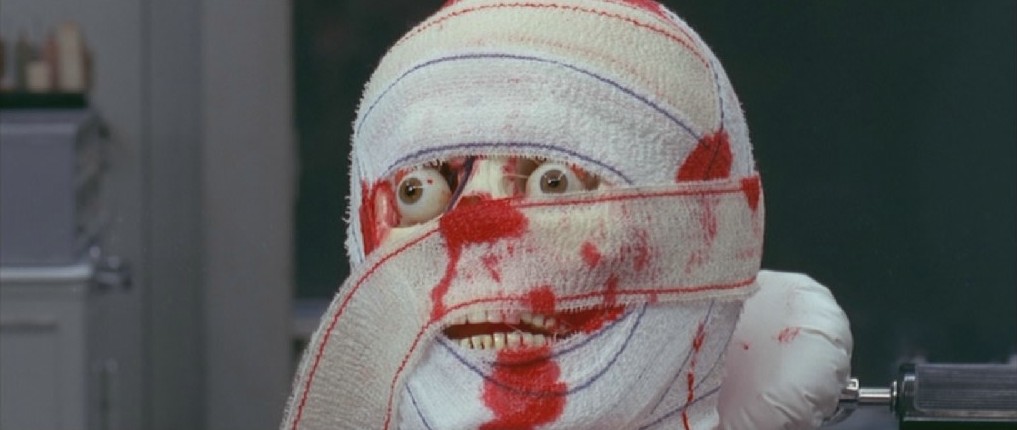
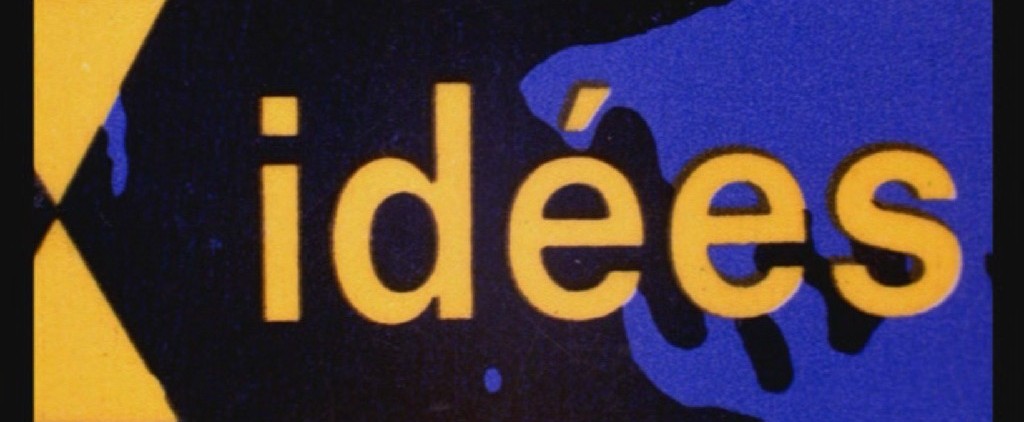


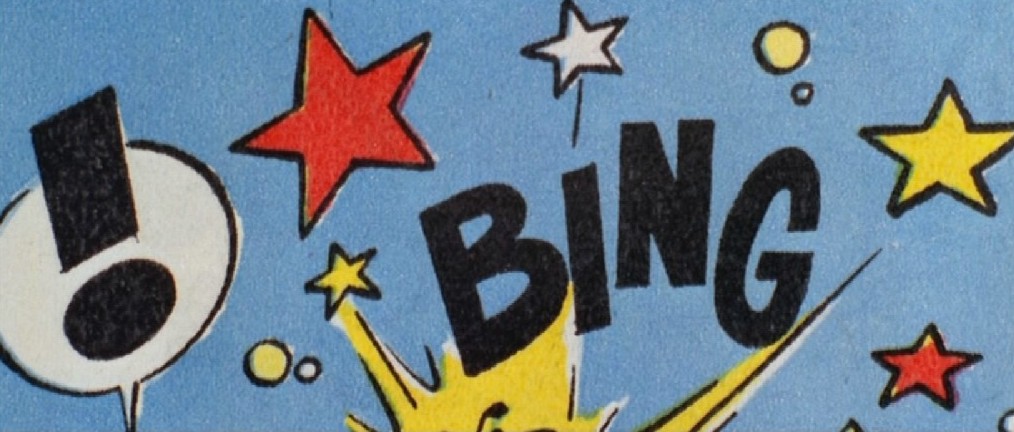
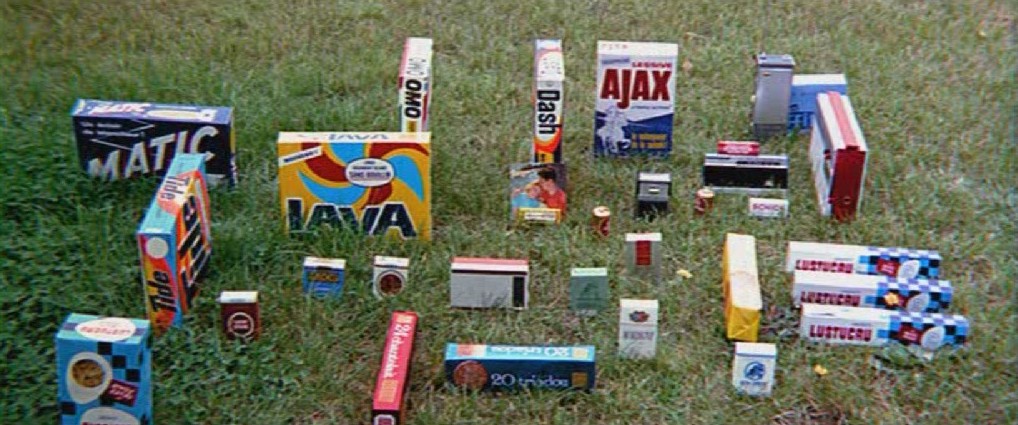
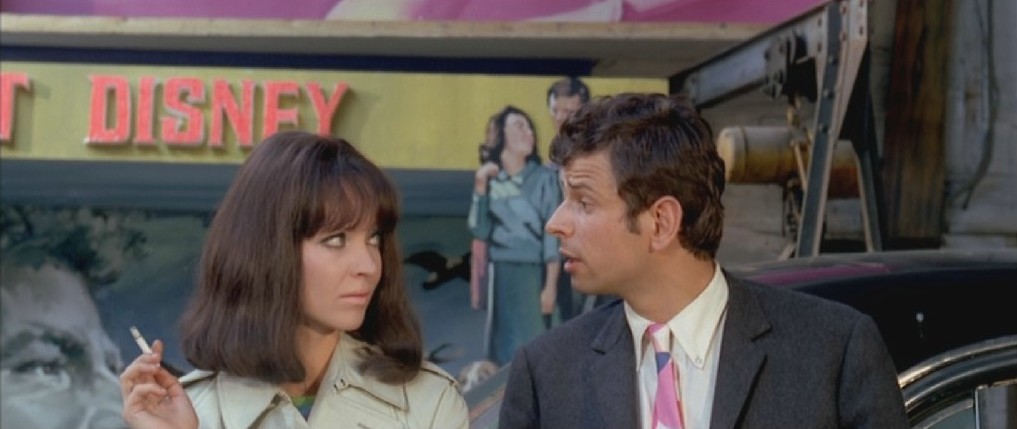
Members+ and all Patrons gain free entry to all cinema screenings, exhibitions, talks, and more.
Join today as a Member+ for £25/month.
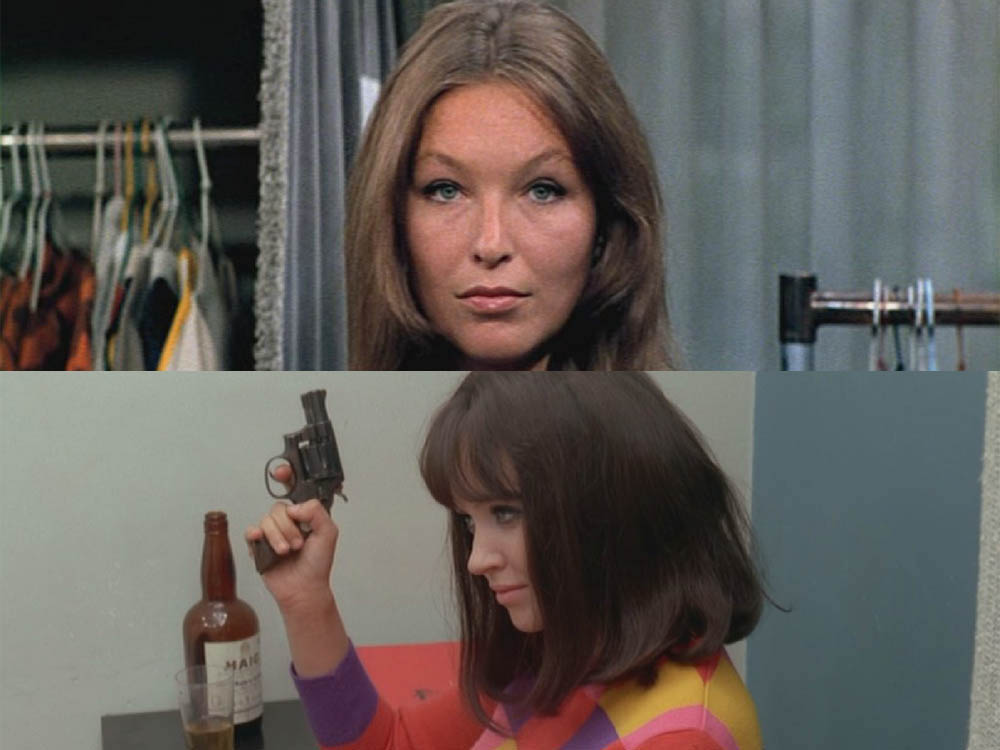
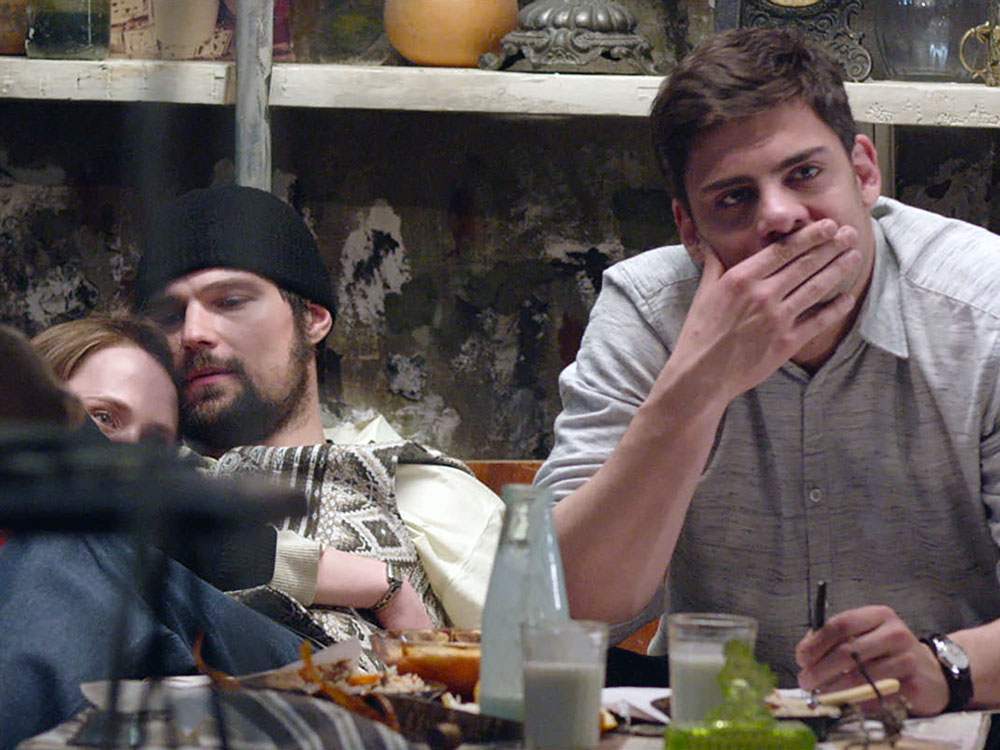









no. 236848.